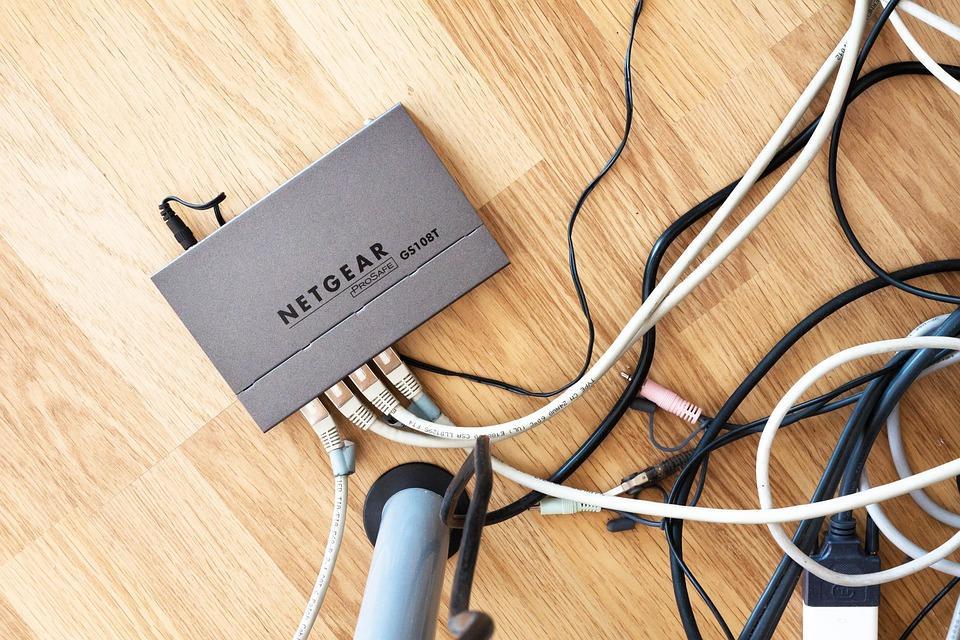Decentralized networks are changing the way we interact with technology, and if you’re not paying attention, you might just miss the boat. These innovative systems are not only reshaping industries but also redefining what it means to connect, collaborate, and create. As a savvy individual in today’s digital landscape, understanding decentralized networks isn’t merely beneficial—it’s essential.
Contents
What Are Decentralized Networks?
Decentralized networks distribute control across multiple nodes rather than relying on a single point of authority. Think of it as a web of interconnected devices or individuals that work together, each having a say in how things operate. This structure fosters transparency, security, and resilience, making it a game-changer in tech.
Why does this matter to you? Because decentralized networks empower you, giving you control over your data, your interactions, and your experiences. They offer a new frontier where innovation can thrive without the looming shadows of centralized control.
Reason 1: Enhanced Security
In a centralized system, a single breach can compromise an entire network. But in decentralized networks, security is a shared responsibility. Each node acts as a safeguard, making it exponentially harder for hackers to infiltrate the system.
- Distributed Trust: Trust is no longer a gamble. Each participant verifies transactions, reducing the risk of fraud.
- Data Privacy: Your personal information isn’t sitting in one vulnerable database; it’s scattered, encrypted, and protected.
In an age where data breaches are becoming alarmingly common, the security offered by decentralized networks is not just a luxury—it’s a necessity.
Reason 2: Greater Transparency
Decentralized networks operate on principles of openness. Every transaction is recorded on a public ledger, visible to all participants. You can track the provenance of data, ensuring accountability.
- Trustworthy Transactions: Knowing that every action is documented fosters trust among participants.
- Reduced Corruption: With transparency comes accountability. It’s much harder to manipulate data when everyone is watching.
This transparency doesn’t just build trust; it creates a collaborative environment where innovation flourishes.
Reason 3: Empowerment Through Ownership
Decentralized networks shift power back to the individual. You own your data, your contributions, and your digital identity. This empowerment is revolutionary.
- Control Over Data: You decide who accesses your information and how it’s used.
- Monetization Opportunities: Creators can directly monetize their work without intermediaries taking a cut.
Imagine a world where you get to call the shots about your own digital life. That’s what decentralized networks offer—freedom and ownership.
Reason 4: Resilience and Reliability
Centralized networks can fail catastrophically. A single point of failure can lead to downtime, losses, and frustrations. Decentralized networks, however, are built to withstand shocks.
- No Single Point of Failure: If one node goes down, the network continues to function seamlessly.
- Adaptability: These networks can evolve and adapt to changes in demand or technology without a complete overhaul.
In an unpredictable world, resilience is a quality you want on your side.
Reason 5: Lower Costs
Centralized systems often come with hefty fees. Maintaining servers, managing data, and paying intermediaries can add up quickly. Decentralized networks can drastically reduce these costs.
- Direct Transactions: Bypass middlemen and enjoy lower fees on transactions.
- Resource Efficiency: Utilize shared resources without the overhead of large infrastructures.
This cost-efficiency can democratize access to technology, making it available to more people than ever before.
Reason 6: Fostering Innovation
Decentralized networks encourage experimentation and creativity. With fewer barriers to entry, you can innovate without waiting for approval from a centralized authority.
- Collaborative Development: Developers can work together in open-source environments, sharing ideas and building on each other’s work.
- Diverse Contributions: People from varied backgrounds can bring fresh perspectives, resulting in richer, more robust solutions.
This collaborative spirit ignites creativity, leading to breakthroughs that centralized systems often stifle.
Reason 7: Global Accessibility
Decentralized networks break down geographical barriers. Anyone with an internet connection can participate, regardless of where they are in the world.
- Inclusive Participation: People from diverse backgrounds can engage, collaborate, and contribute.
- Global Solutions: Problems like climate change or public health can be tackled collectively on a global scale.
Imagine uniting minds from every corner of the globe to solve the world’s pressing challenges. That’s the power of decentralized networks.
Bottom Line
Decentralized networks are not just a trend; they represent the future of technology. They offer enhanced security, greater transparency, empowerment through ownership, resilience, cost-effectiveness, innovation, and global accessibility. These networks are a breath of fresh air in a landscape often clouded by centralization and control.
As you navigate this evolving digital terrain, consider how decentralized networks can enhance your life. Embrace the change, participate in the revolution, and empower yourself in this brave new world.
FAQs
What are decentralized networks?
Decentralized networks distribute control among multiple participants, enhancing security and transparency.
How do decentralized networks improve security?
By eliminating a single point of failure, they make it harder for hackers to compromise the entire system.
Can I really own my data in a decentralized network?
Yes! You have control over your information and can decide who accesses it.
Are decentralized networks affordable?
They often lower costs by eliminating middlemen and utilizing shared resources.
How can I participate in decentralized networks?
You can join existing platforms or contribute to open-source projects that align with your interests.
The future is bright, and it’s decentralized. Are you ready to step into it?








